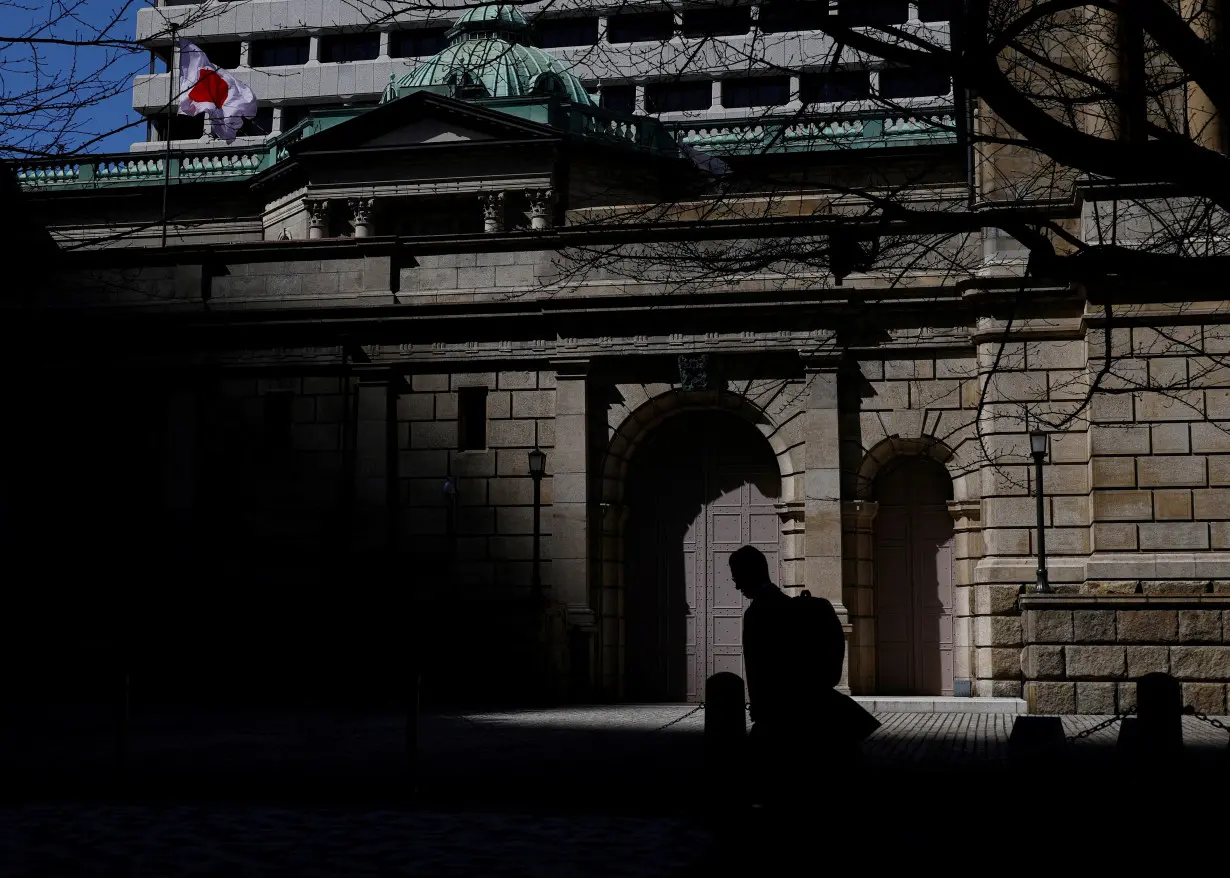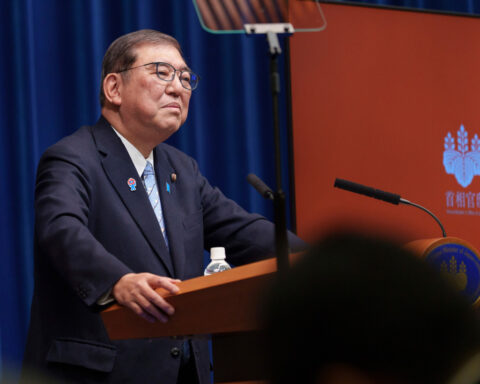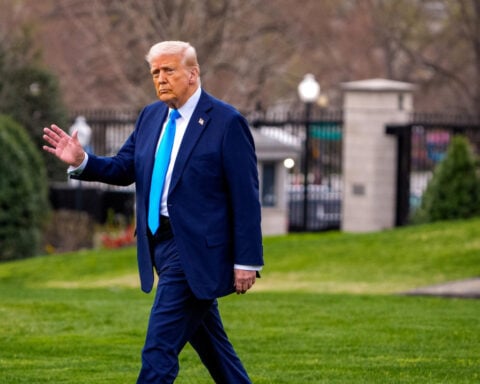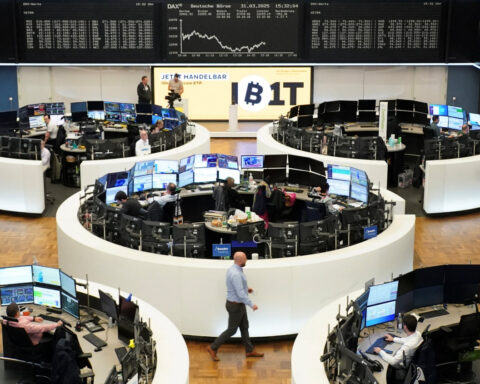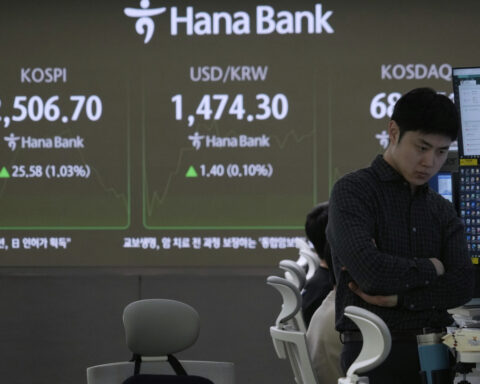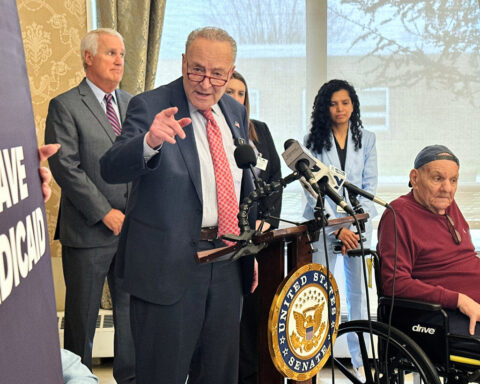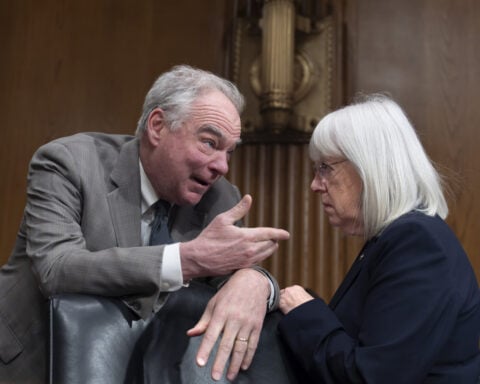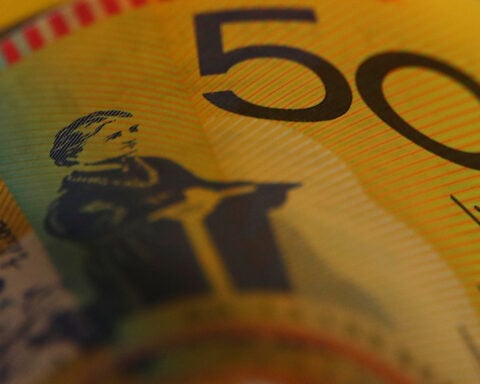By Leika Kihara and Takahiko Wada
TOKYO (Reuters) -The Bank of Japan must avoid raising interest rates to combat a weak yen, as higher borrowing costs would hit consumption and services inflation, Tsutomu Watanabe, a former central bank official and an expert on price trends, told Reuters.
The BOJ ended eight years of negative interest rates and other remnants of its radical stimulus in March on prospects that rising wages will underpin consumption and keep inflation durably around its 2% target.
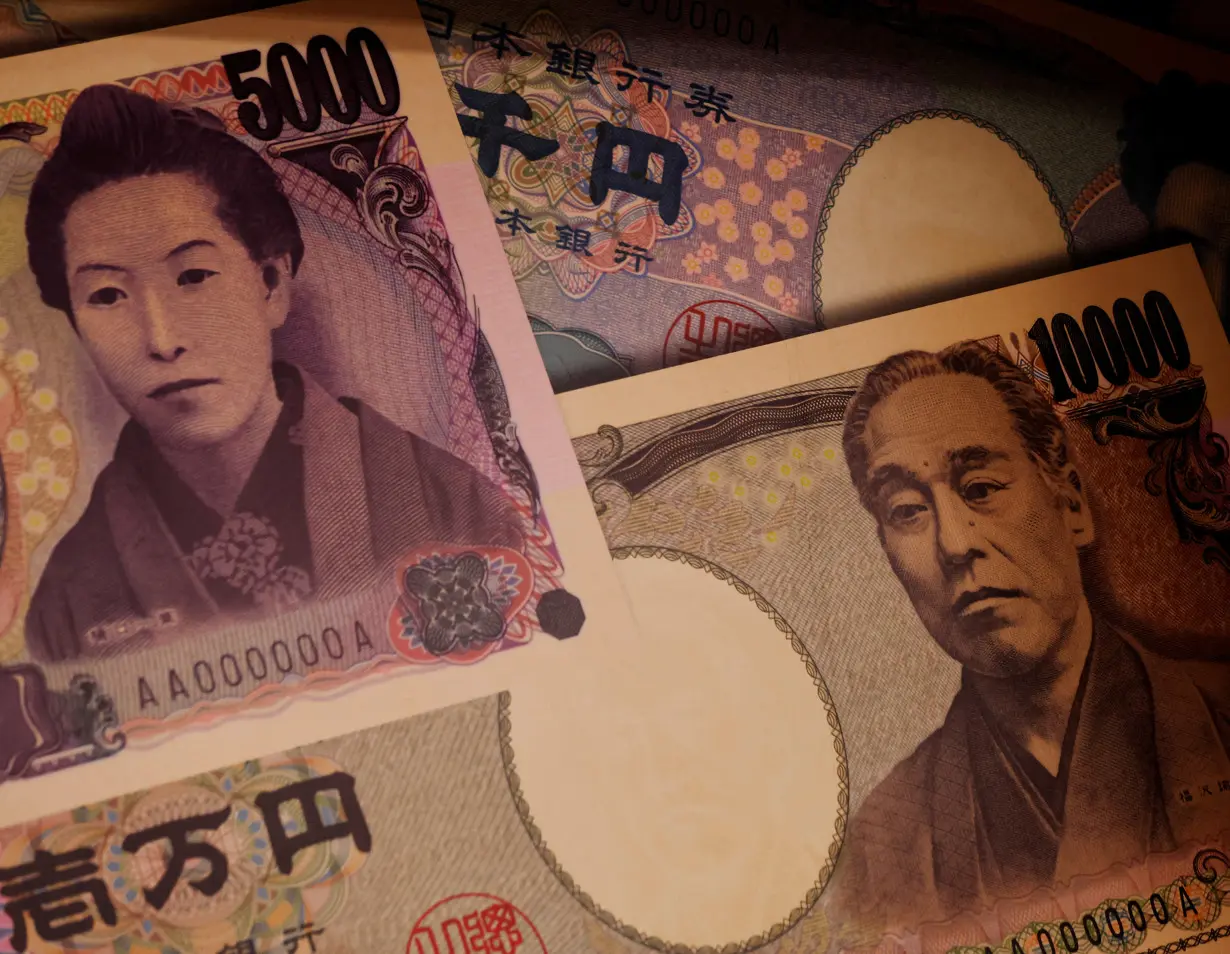
BOJ policymakers have signaled the chance of further rate hikes on the view that rising wages and consumption will accelerate services inflation, which is key for Japan to achieve sustained price rises.
When looking at actual data, however, services inflation has been weakening after peaking last autumn, suggesting sluggish consumption is discouraging firms from hiking prices, said Watanabe, who is a frequent speaker at BOJ-hosted seminars.
"The BOJ is probably hoping that services inflation will strengthen. But the data coming out so far aren't backing up this view," he said in an interview on Thursday, criticising the March stimulus exit as having been premature.
"None of the data we've seen so far offer the BOJ pressing reason to raise interest rates any time soon," he added.
While recent yen falls may start to push up goods prices, the BOJ should avoid raising rates until services inflation also accelerates, Watanabe said.
A cost-driven rise in goods prices would sap households' purchasing power and reduce spending on services, hampering the BOJ's efforts to generate broad-based inflation driven by robust domestic demand, he said.
"If the BOJ raises rates in response to rising goods prices, that will clearly weigh on services spending and hit already weak consumption," Watanabe said.
While a boost to exports, a weak yen has become a source of headache for Japanese policymakers as it hurts consumption by pushing up the cost of raw material imports.
The yen's recent falls to 34-year lows triggered suspected currency intervention by Japanese authorities last week, and have piled pressure on the BOJ to drop hawkish policy hints.
BOJ Governor Kazuo Ueda said on Wednesday the BOJ may take monetary policy action if yen falls affect prices significantly, offering the strongest hint to date the currency's falls could trigger another rate hike.
Watanabe said the BOJ may eventually need to hike short-term borrowing costs to 2% if inflation stays around 2% in 2025 and 2026, as it currently projects.
But policymakers' near-term focus should be on supporting households and firms hit by rising import costs from a weak yen, he said.
"Wages will likely keep rising next year, so Japan's wage dynamics have clearly changed," Watanabe said. "But prices aren't moving in a way the BOJ had hoped for."
A professor at the Graduate School of Economics at the University of Tokyo, Watanabe is an expert on Japan's price trend, and a frequent member of government and BOJ panels.
He is due to moderate a BOJ workshop to be held later this month, which is part of the central bank's long-term review of its past monetary easing measures.
(Reporting by Leika Kihara and Takahiko Wada; Editing by Sam Holmes)

 Trump has begun another trade war. Here's a timeline of how we got here
Trump has begun another trade war. Here's a timeline of how we got here
 Canada's leader laments lost friendship with US in town that sheltered stranded Americans after 9/11
Canada's leader laments lost friendship with US in town that sheltered stranded Americans after 9/11
 Chinese EV giant BYD's fourth-quarter profit leaps 73%
Chinese EV giant BYD's fourth-quarter profit leaps 73%
 You're an American in another land? Prepare to talk about the why and how of Trump 2.0
You're an American in another land? Prepare to talk about the why and how of Trump 2.0
 Chalk talk: Star power, top teams and No. 5 seeds headline the women's March Madness Sweet 16
Chalk talk: Star power, top teams and No. 5 seeds headline the women's March Madness Sweet 16
 Purdue returns to Sweet 16 with 76-62 win over McNeese in March Madness
Purdue returns to Sweet 16 with 76-62 win over McNeese in March Madness
